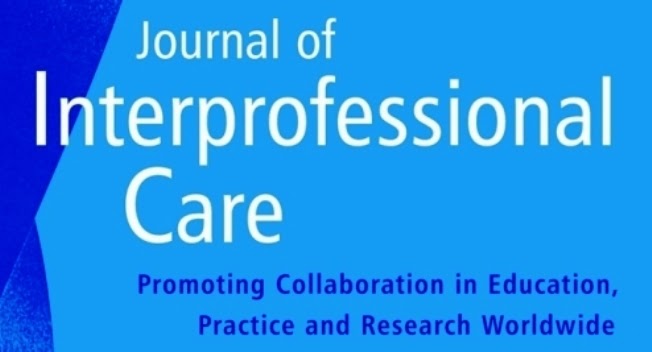Workforce planning is an ongoing discussion for health and social care policymakers across the world. Attempting to educate different professional groups to equip them with a suitable skills mix to meet the growing and evolving demands of patients/clients and their families is clearly no mean feat. It is certainly one which needs to be continually reviewed and revised in response to changing demographics and availability of (limited) resources.
This consultation document builds upon the UK government’s recently published white paper Equity and Excellence: Liberating the NHS (Department of Health, 2010) which outlined an ambitious set of principles for shifting the balance of workforce planning, education and training from a ‘‘top-down’’ to a more ‘‘bottom-up’’ approach. In essence, these reforms will mean that workforce planning and education activities will no longer be the responsibility of centralized strategic health authorities (SHAs), rather they will be the responsibility of local networks of health professionals working together in a ‘‘multi-professional’’ manner. The rationale for this shift is that localized ‘‘bottom-up’’ planning will be more effective as professions, engaged in delivering clinical services, are the best placed to decide collaboratively about the workforce planning.
Specifically, this document outlines a new framework which will be crucial for the Department of Health to meet the goals it articulated in the earlier white paper. The document itself is divided into 11 chapters which outline background context issues for the shift in workforce planning, review the underpinning ideas for the new framework, describe the framework, outline funding and incentive issues and describe a range of transition plans. The document also contains 46 consultation questions which invite comments on a range of issues based in each of the chapters.
The final date for responses to this consultation document was March 2011. While we are still waiting to see the official summary of responses from the Department of Health, it is possible to read a number of responses from a range of bodies including the British Medical Association, British Dental Association, Charted Association of Psychotherapists and the UK Clinical Pharmacy Association, which outline a mixed range of reactions relating to the economic, professional, educational and organizational issues related to the proposed reforms. (Scott Reeves, Editor-in-Chief)
For more information read: Journal of Interprofessional Care (July 2011), 25 (4), pg. 312-313.

